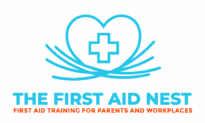Signs of Dehydration in Babies and Children
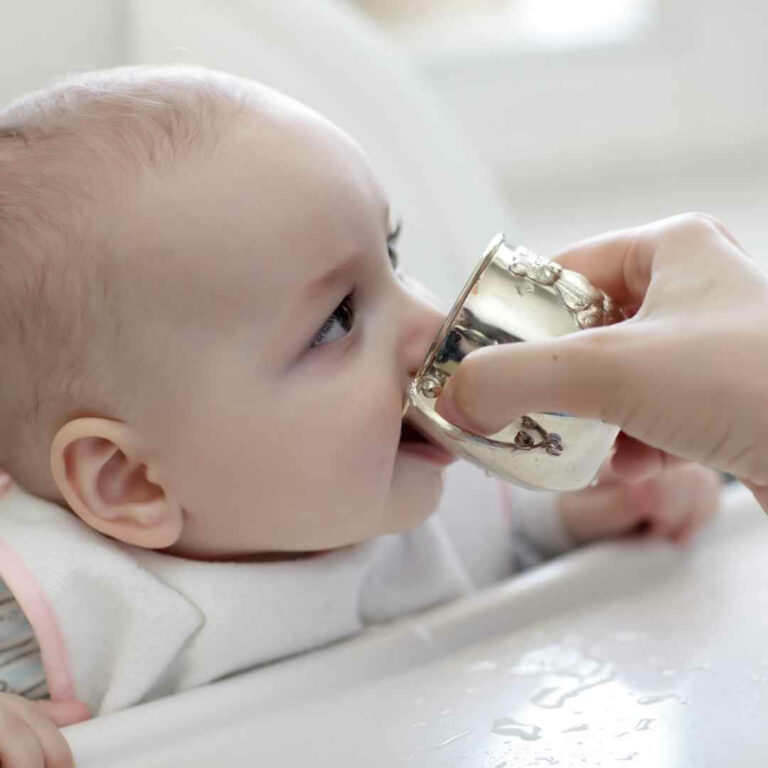
Dehydration is a serious condition that can affect both babies and children. When not treated promptly and properly, it can lead to severe complications, even death.
It’s important to know the signs of dehydration in babies and children so you can take prompt action if necessary. In this blog post, we will explore the signs of dehydration in babies and children.
We’ll also look into what causes it and how it should be treated. With this knowledge, you can ensure your baby or child stays hydrated and healthy at all times.
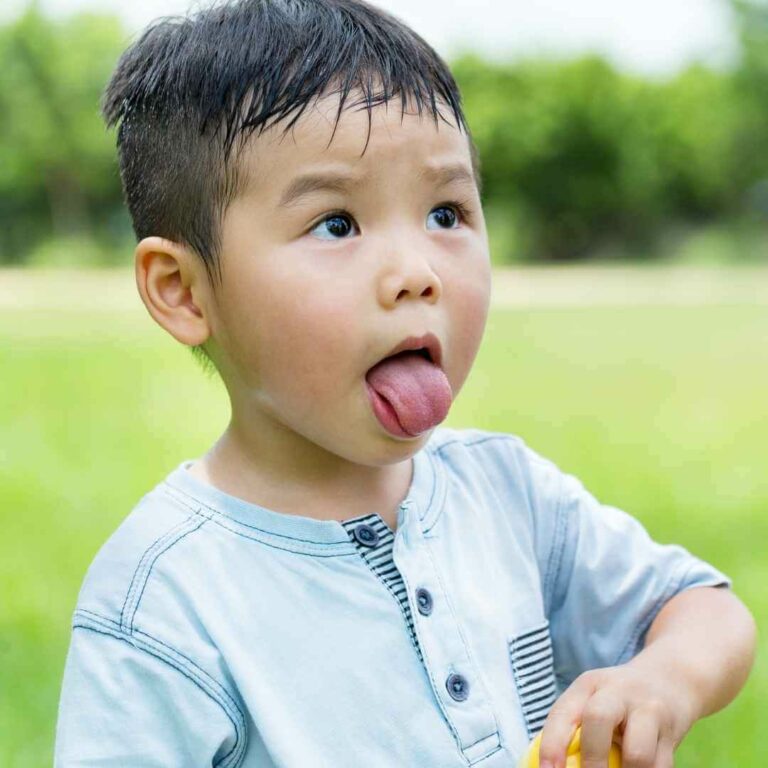
Babies and Dehydration
Dehydration is a serious condition that can occur when the body does not have enough fluid to function properly. Babies and children are at a higher risk for dehydration because their bodies are smaller and they lose fluid more quickly. Signs of dehydration in babies and children include:
- Dry mouth and lips
- Few or no tears when crying
- Sunken eyes
- Soft fontanelle (the soft spot on the top of the head)
- Listlessness or irritability
- Decreased urine output
Children and Dehydration
Dehydration is a serious condition that can occur when the body does not have enough fluids.
It can happen to anyone, but is most common in young children and infants.
Dehydration can be caused by many things, including vomiting, diarrhea, sweating, and urinating too much. If not treated quickly, dehydration can lead to serious health problems such as heat stroke, kidney failure, and even death (in extreme circumstances).
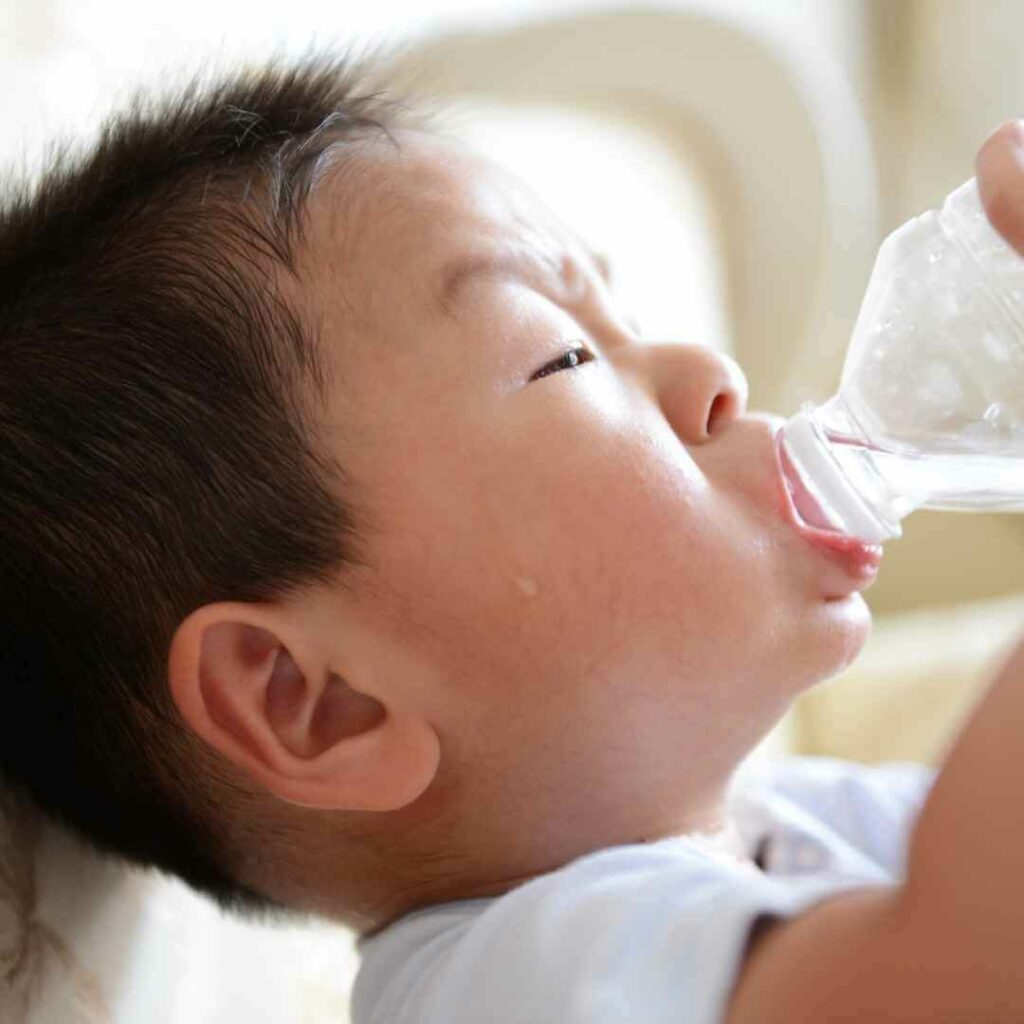
Symptoms of Dehydration
The most common symptom of dehydration is a decrease in urine output. Other symptoms may include:
- Dry mouth
- Sunken eyes
- Tiredness or irritability
- Fewer wet diapers than usual
- Dry, cool skin
- Constipation
Causes of Dehydration
Dehydration is caused by a number of factors, the most common of which are illness, excessive sweating, and not drinking enough fluids. Other causes include heat exposure, medications, and certain medical conditions.
Illness: Vomiting and diarrhea are common causes of dehydration, as they can lead to a loss of fluids and electrolytes. Fever can also cause dehydration, as the body uses extra fluids to cool itself down.
Excessive sweating: If your child is sweating a lot due to exercise or hot weather, they may be at risk for dehydration. Make sure they drink plenty of fluids before and during activity, and give them a chance to rest and cool down in between activities.
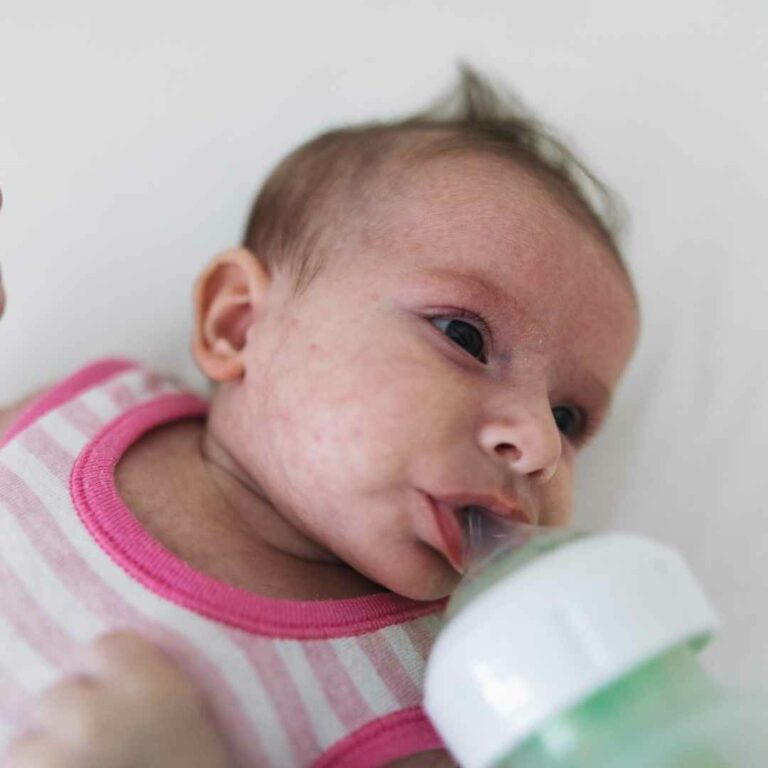
Not drinking enough fluids: It’s important to make sure your child is getting enough fluids throughout the day. Offer water or other healthy beverages regularly, and encourage them to drink more when they’re playing outside or participating in physical activity.
Heat exposure: Spending time in hot weather can lead to dehydration, so it’s important to make sure your child stays cool and drinks plenty of fluids when it’s warm out. Avoiding extended time in direct sunlight and dressing them in loose-fitting, light clothing can help prevent heat exhaustion.
Medications: Some medications can cause dehydration as a side effect. If your child is taking any medication, talk to their doctor about the risks of dehydration and how to avoid it.
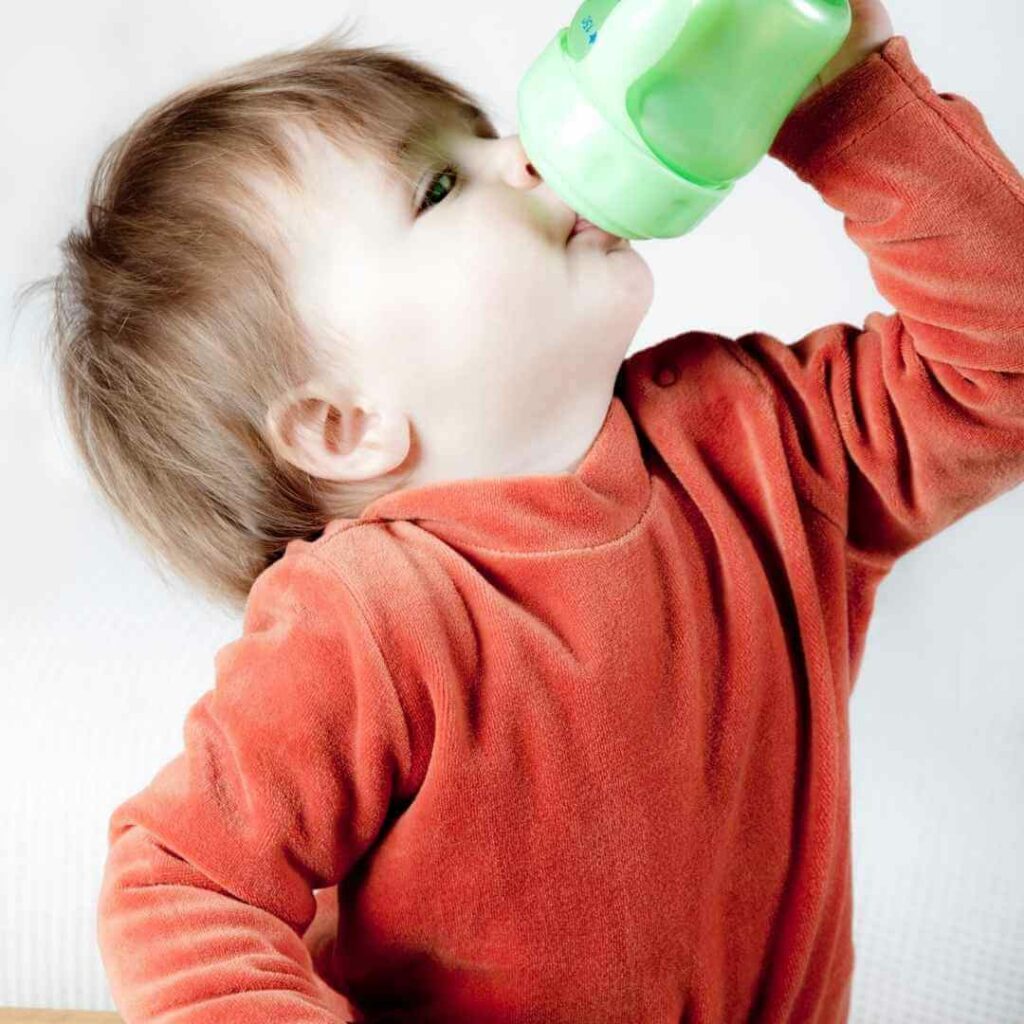
Treatment for Dehydration
Dehydration is a serious condition that can lead to hospitalization. It’s important to know the signs of dehydration in babies and children so you can get treatment right away.
Lets go over the early signs of dehydration in babies and children again:
- Thirst
- Dry or sticky mouth
- Fewer wet diapers or no wet diapers
- Sunken eyes
- Listlessness or irritability
- Crying without tears
If your child has any of these signs, give them fluids right away. The best fluid for rehydration is water or an electrolyte solution like hydralyte, or similar. Avoid sugary drinks like soda, as they can make dehydration worse.
Give your child small sips of fluid often, rather than large amounts all at once. If your child is vomiting, give them fluids slowly to avoid worsening the dehydration.
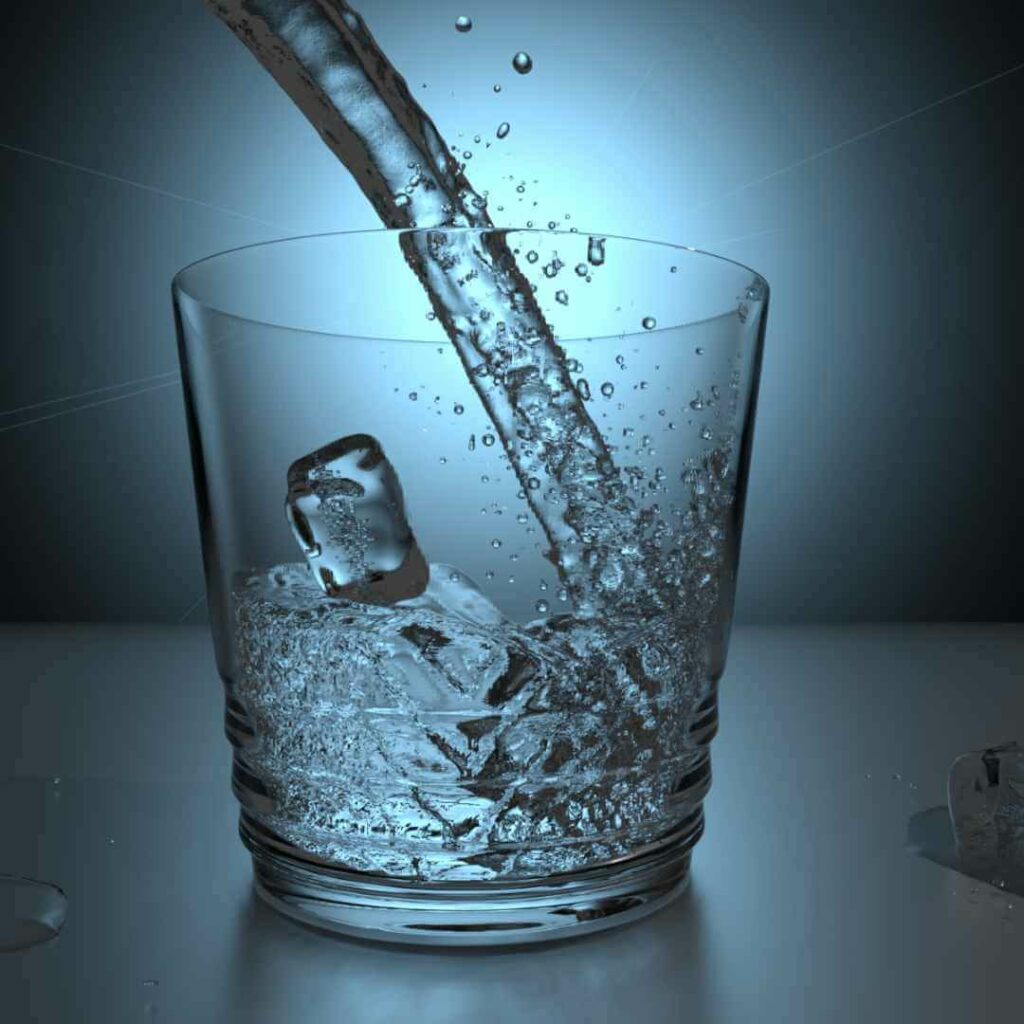
Call your doctor if your child is showing signs of severe dehydration, such as:
- Not urinating for eight hours
- Dizziness
- Rapid heartbeat
- Sunken soft spot on the top of their head (fontanelle) in infants
If you’re unable to give fluids by mouth, take your child to the nearest emergency room immediately.
Prevention of Dehydration
Dehydration is a serious condition that can occur when the body does not have enough fluid. It can be life-threatening, so it is important to know the signs of dehydration in babies and children.
The most common cause of dehydration in babies and children is diarrhea. Other causes include vomiting, fever, sweating, and urinating more than usual.
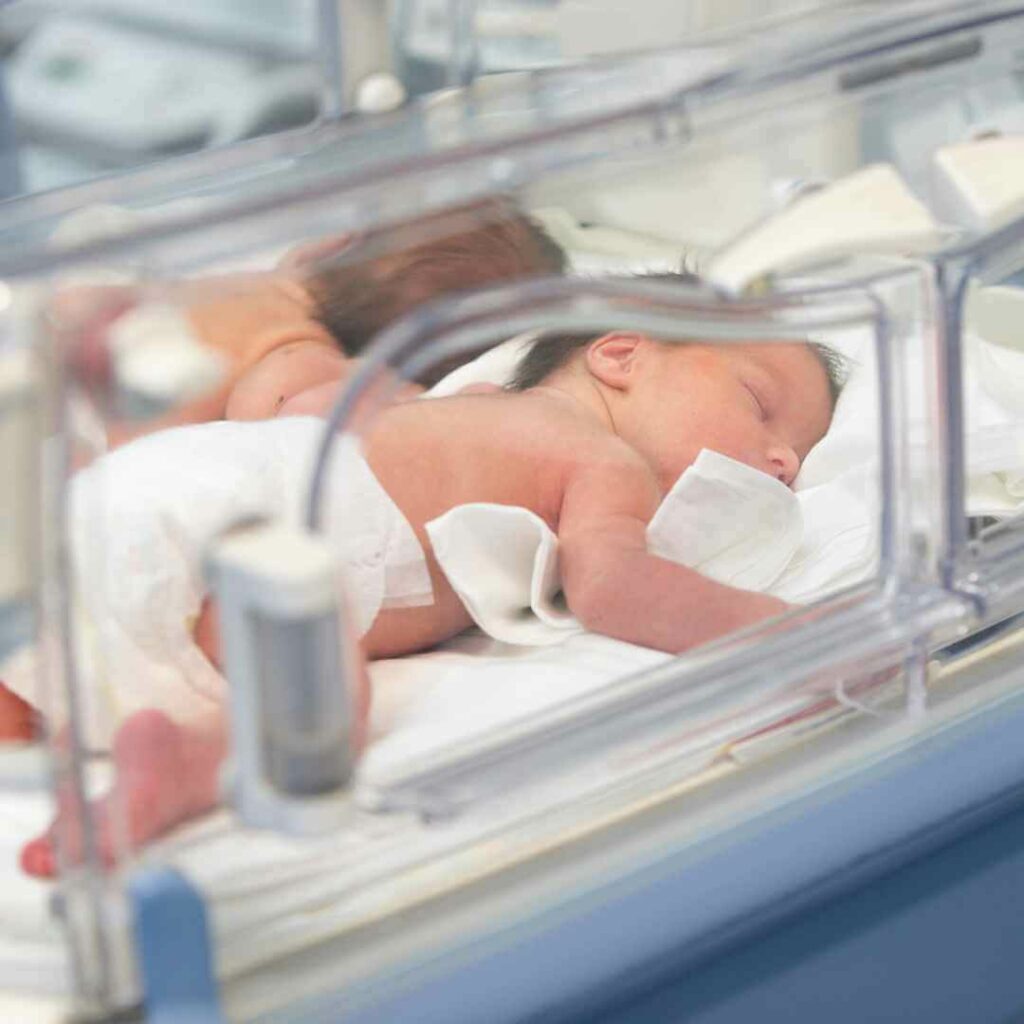
Preventing dehydration can be tricky, but some thungs that can help are carrying a water bottle or having cups of water accessible for little ones at all times. Especially if you live in a hot country.
If your child has diarrhoes or vomiting, make sure you see a Dr if it is persistent, lasts more that 6 hours or your childs nappies start to dry up.
Have some hydralite in your cupboards at all times. Some brands can be given at 6 months.
When to see a doctor
If your baby or child is displaying any of the signs of dehydration listed above, it’s important to see a doctor right away. Dehydration can quickly become a serious problem, and young children are especially vulnerable.
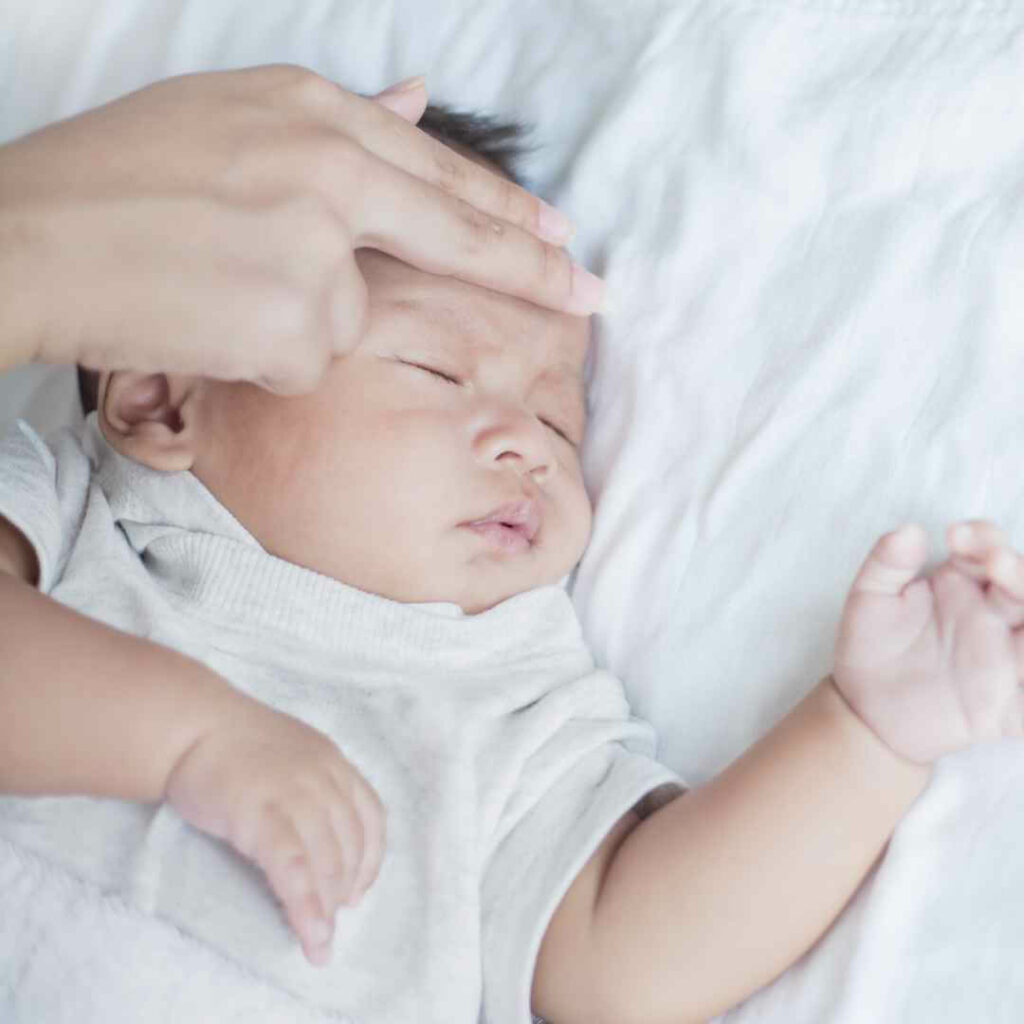
How do I encourage my baby to drink?
If you’re concerned that your baby isn’t drinking enough, there are a few things you can do to encourage them. First, make sure that they’re getting enough to eat. Babies who are well-fed are more likely to drink when they’re thirsty.
You can also try offering them a bottle or sippy cup throughout the day, rather than just at mealtimes.
If your baby is teething, give them a cold drink or frozen teether to help soothe their gums.
How do I know if my baby is dehydrated?
If your baby is dehydrated, their body will not have enough fluids to function properly. This can lead to lethargy and at worst, serious health problems, so it’s important to know the signs and how to prevent dehydration in babies.
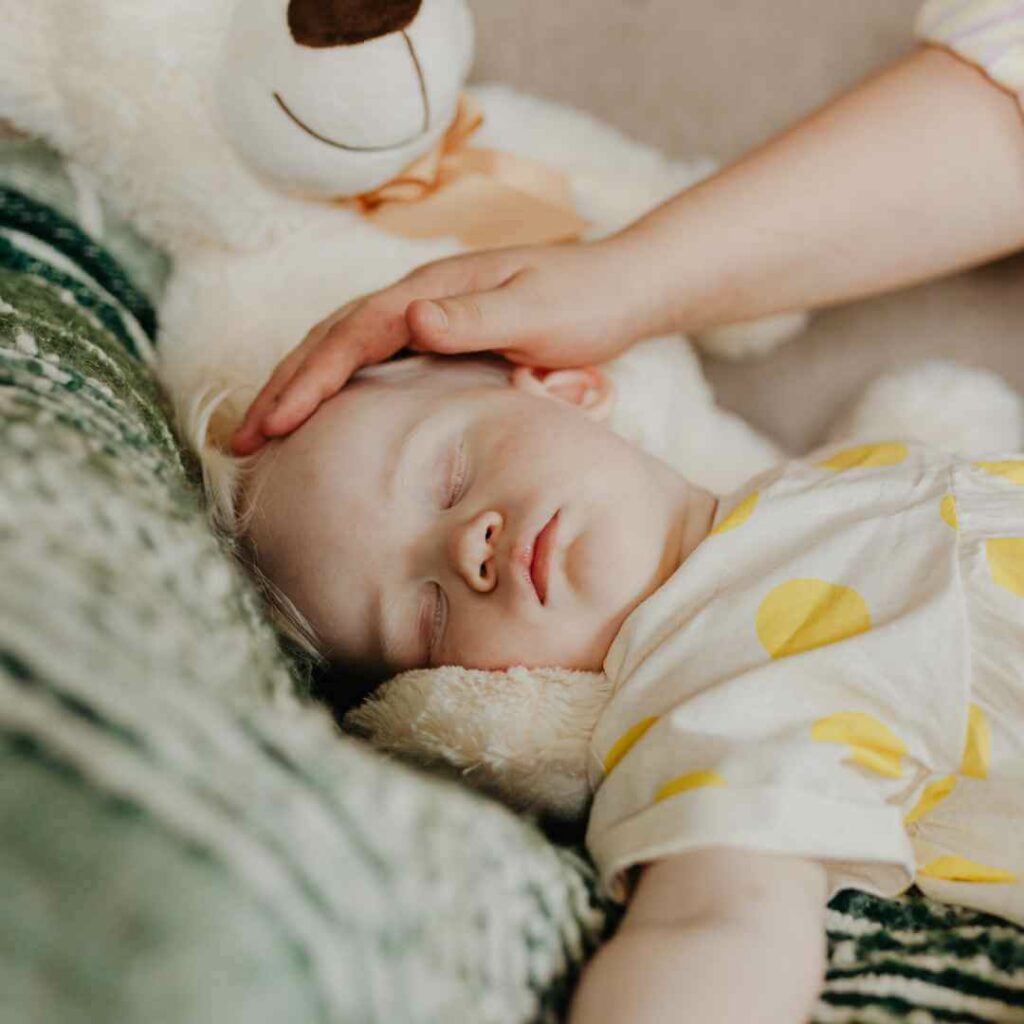
One of the main signs of dehydration in babies is a decrease in wet diapers. If your baby is urinating less frequently, they may be dehydrated.
You can help prevent dehydration by giving your baby plenty of fluids and breastfeeding more often. If your baby is formula-fed, make sure you’re using a well-balanced formula and giving them the recommended amount each day.
Does my baby need to eat when they are sick?
When your child is sick, they may not feel like eating. However, it is important to make sure they are getting enough fluids.
If your child is vomiting or has diarrhea, they can become dehydrated quickly. Look for signs of dehydration.
If you think your child is dehydrated, give them small sips of clear fluids such as water or an electrolyte drink or frequent breats feeds. You can also give older children popsicles or ice chips.
Your child does not need to eat solid foods if they are feling unwell and have a decreased appetite. Children can go a day or two without solid food but they must continue to drink.
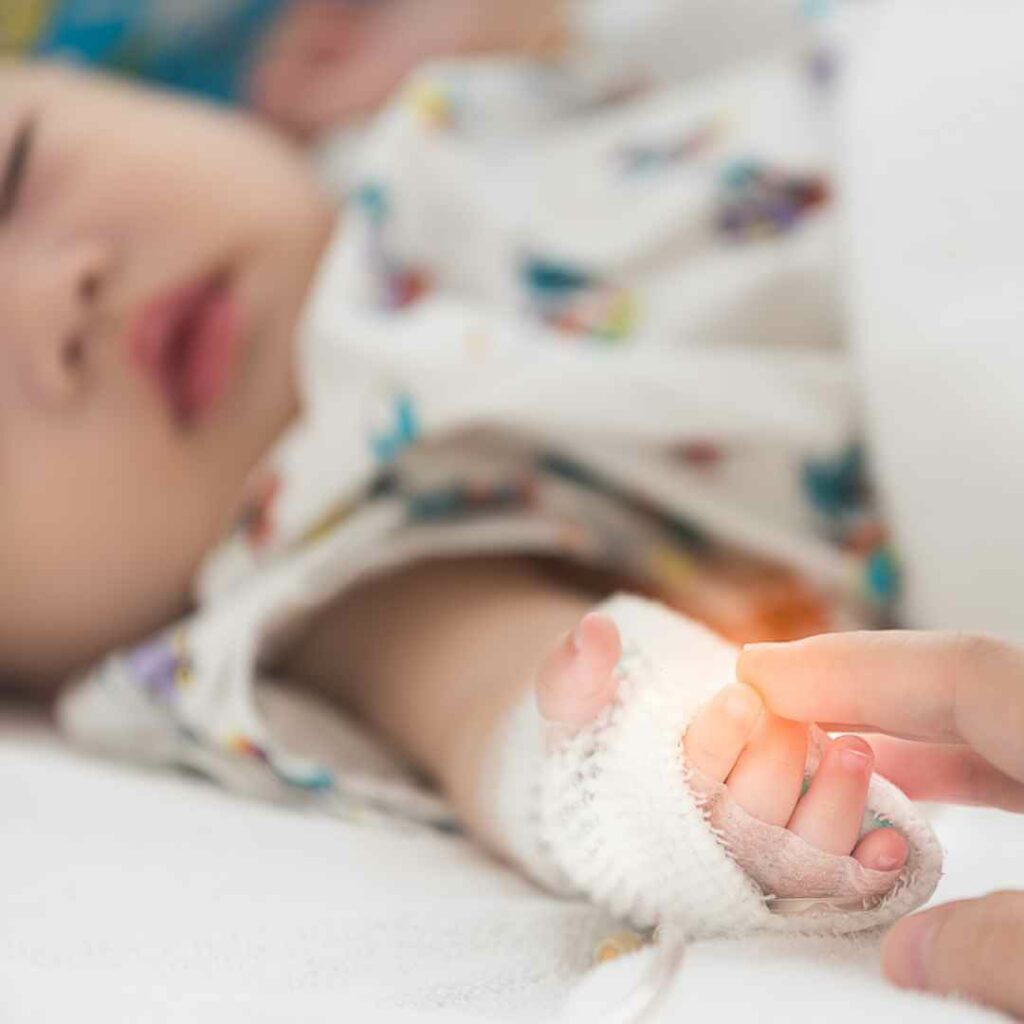
What if my baby keeps vomiting?
If your baby is vomiting, it’s important to watch for signs of dehydration. Dehydration can happen quickly in babies, so it’s important to act fast.
Lets recap symptoms of dehydration in babies and children:
- Dry mouth and tongue
- No tears when crying
- Fewer wet diapers than usual
- Sunken eyes
- Drowsiness or irritability
If you notice any of these symptoms, give your child plenty of fluids to drink. You can also offer popsicles or frozen juice bars, as they can help soothe a upset stomach. If your child is still vomiting after a few hours, or if they develop a fever, diarrhea, or abdominal pain, call your doctor.
Want more? We’ve got you covered…
Our Baby First Aid Courses
Our baby first aid courses are available in person in your home and online. We run classes in your home with groups of 2, 4 or up to 10 in Sydney & Melbourne and you can book in 3 easy steps!
- Pick your class
- Follow the prompts to purchase
- We will contact you within 24 hours to lock in your date of choice
Our First Aid Certificate Courses
We run most of the popular first aid courses Australia wide. HLTAID011 Provide First Aid, HLTAID009 Provide CPR, HLTAID012 Provide First Aid in an Education & Care Setting, RAMOAP (anaphylaxis), Mental Health first aid and CPR/LVR to name a few.
Book your public spot online or contact us if you have a group of 5+ people for onsite training.
Here are some other resources you may enjoy!
FREE GUIDE: Your Virtual Baby First Aid Kit
FREE GUIDE: Introducing Common Allergy Foods & Allergic Reactions
FREE Workplace Emergency Preparedness Plan: Grab this at the bottom of every page!
Follow for baby & child first aid and allergy info and tips on Instagram & TikTok,
all @thenestcpr
